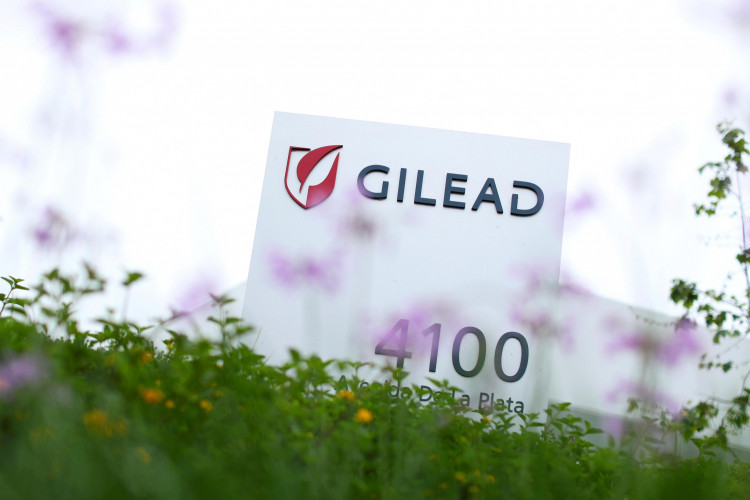Remdesivir, an antiviral vaccine that was intended to treat hepatitis as well as a common respiratory disease, appeared doomed to join thousands of other failed drugs after proving ineffective against these conditions.
The medicine was relegated to the heap of pharmaceutical waste, all but ignored by the researchers who once supported it.
But on Friday, the Food and Drug Administration released an emergency authorization for remdesivir as a medication for Covid-19, the disease caused by coronavirus, for patients who are seriously sick.
"It's fair to assume that RDV's known and potential benefits outweigh the drug's known and possible risks for the treatment of patients hospitalized with extreme COVID-19," wrote the FDA in its letter of approval to Gilead Sciences.
The decision was based on analysis of the top line results from the random, double-blind, placebo-controlled trial performed by the National Institute of Allergy and Infectious Diseases (NIAID) and the open-label study funded by Gilead, which examined different intervals of remdesivir.
Despite the somewhat piece of reassuring news, Gilead Sciences stock dropped 5 per cent in Friday's trade after a surge of downgrades of the company's first quarter earnings performance.
Raymond James and JP Morgan cut the company's stock from Buy to Hold on May 1, while SunTrust Robinson went a notch higher, taking its GILD rating from Hold to Sell because of "lack of visibility to growth." All guidance was withdrawn due in part to uncertainty about COVID-19 affecting the core business, but mostly due to unknown sales and costs associated with remdesivir.
Remdesivir is only approved for patients with serious illness, and only temporarily. Nevertheless, some doctors working in intensive care units embraced the drug as an essential new weapon against a virus which kills patients around the world.
"This is a wonderful first step," Dr. Robert Finberg, chairman of the University of Massachusetts Medical School's Department of Medicine, said.
Meanwhile, after news of the FDA's approval of Gilead's experimental drug remdesivir, RBC Capital analyst Brian Abrahams commented that it was "not surprising" considering the vaccine's statistically significant benefit on lessening the time to recovery in a big, controlled, government-supported research and "strong trends on mortality."
Gilead Sciences disclosed that it plans to have 1.5 million vials of remdesivir on hand in May, over 5 million in October, and more than 10 million by end of 2020. The potential range of this investment for the year is up to $1 billion, Gilead chief financial officer Andrew Dickinson, said.






